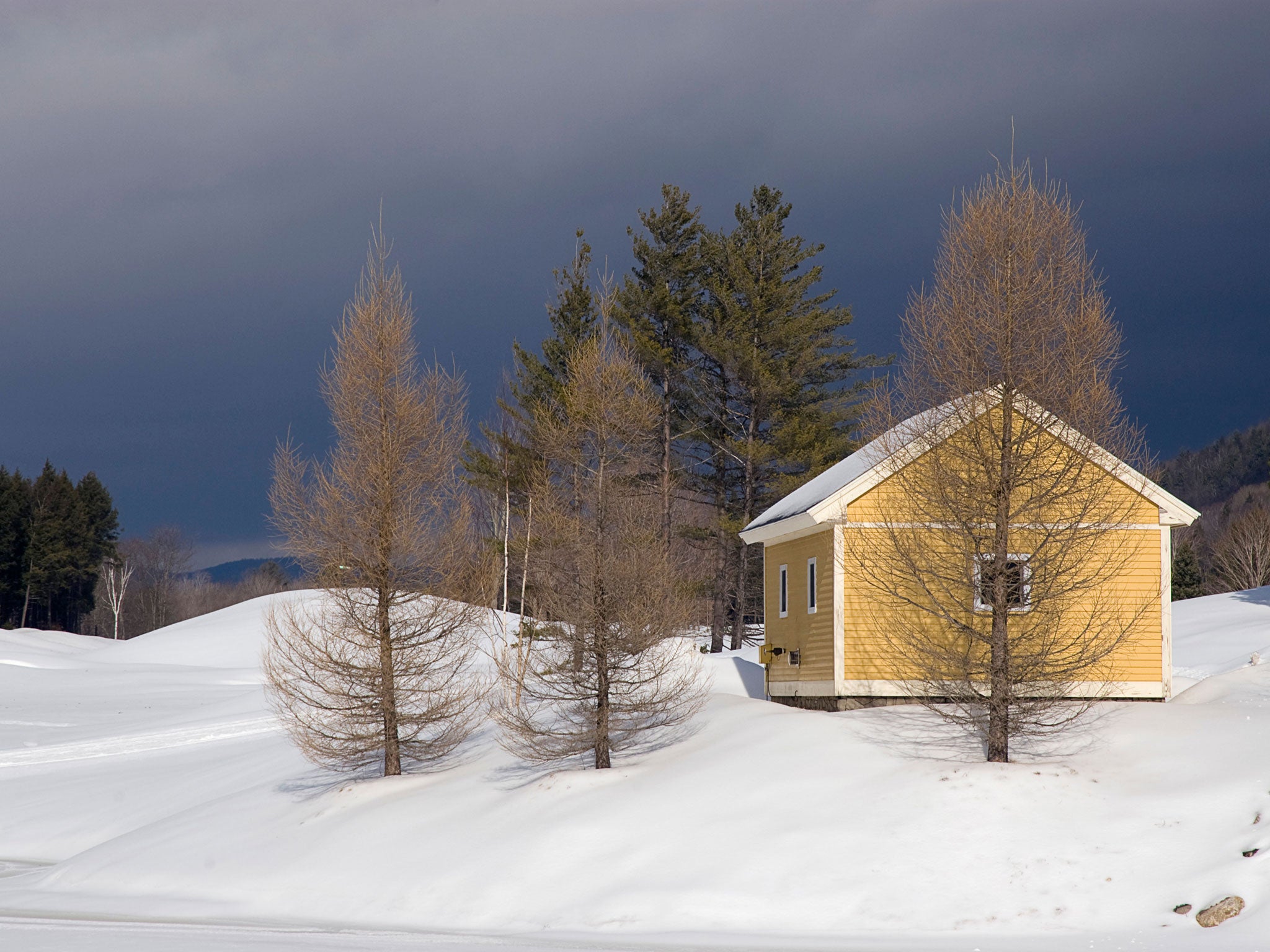Debut fiction: Secrets and lies set the scenes for first-time novelists
From Ottessa Moshfegh's Eileen to Elliot Ackerman's Green on Blue

Ottessa Moshfegh's Eileen (Jonathan Cape, £14.99) is the clear stand out of this month's debut novels. Moshfegh's 1960s snowy New England-set tale of a young woman who lives with her alcoholic father and works in a boys' prison has been compared to the works of Shirley Jackson and Flannery O'Connor, with shades of Hitchcock thrown in for good measure. And although this illustrious heritage certainly points to some of the novel's more noirish elements, it doesn't quite do either author or her heroine, with her "cold and deadly New England exterior," justice. There's something far more grubby and gritty here than one expects. It's rare to hear the term "makes my skin crawl" outside the realm of horror, but that best describes my reading experience. Not afraid to peer into the darkest and dirtiest corners of her characters lives, Moshfegh has proved herself an audacious talent, and without doubt one to watch.
While Eileen retains sharp focus on what turns out to be a defining moment in the protagonist's life – events over one Christmas that led to her leaving the town she grew up in, her "hell and home" – Mary Paulson-Ellis's The Other Mrs Walker (Mantle, £12.99) takes a protracted look at her characters' lives, weaving together two stories beginning nearly a century apart. In 2011 middle-aged Margaret Penny flees her life in London, seeking refuge with her elderly mother in Edinburgh. Meanwhile, back in 1929, a small girl greedily devours an orange given to her by her father while her mother gives birth to twins upstairs. All in all, it feels a little heavy, too much too densely packed together, but the interlocking plots are cleverly and carefully enough constructed – not to mention full of twists and turns – and Paulson-Ellis is reaching towards something akin to poetry with a syntax: "Then Margaret understood. Here was a woman just like her. Receptionist. Administrator. Personal Assistant in more ways than one. A dish on the side that never quite became the proper meal."
Family myths and intergenerational secrets also lie at the heart of Miroslav Penkov's Stork Mountain (Sceptre, £18.99). An American student heavily saddled with debt travels to a remote town in rural Bulgaria, where Turkish, Greek and Slavic cultures intersect, in search of his inheritance. Again, as with The Other Mrs Walker, two stories entwine, the fate of the grandson curiously reminiscent of that of his grandfather before him – the latter a man so caught up in myth-making it's hard to work out the truth from the lies. There's plenty to admire in Penkov's story; his handling of history and folklore in particular, but the narrative is more than a little unevenly weighted – the serious stuff all packed into the final few chapters, especially when compared to the lightness of the earlier sections.
By comparison, there's nothing particularly easygoing about Elliot Ackerman's Green on Blue (Daunt Books, £9.99). A US soldier who has served five tours in Iraq and Afghanistan, Ackerman's literary endeavours see him examining the other side of the story. What could have been an uncomfortable act of cultural appropriation – the tale of an Afghan war orphan, poised between boyhood and manhood, caught up in a conflict far beyond his control – is actually written with an impressive degree of empathy. Ackerman paints a picture of a world defined by Pashtunwali – a code of honour that dictates what turns out to be an almost never-ending cycle of revenge and violence between men – into which the insurgence of foreign forces treading a fine line between aid and exploitation only complicates the situation. War's true nature, the young soldier learns towards the end of the novel, is "that it had no sides. Each was the same as another."
Join our commenting forum
Join thought-provoking conversations, follow other Independent readers and see their replies
Comments
Bookmark popover
Removed from bookmarks